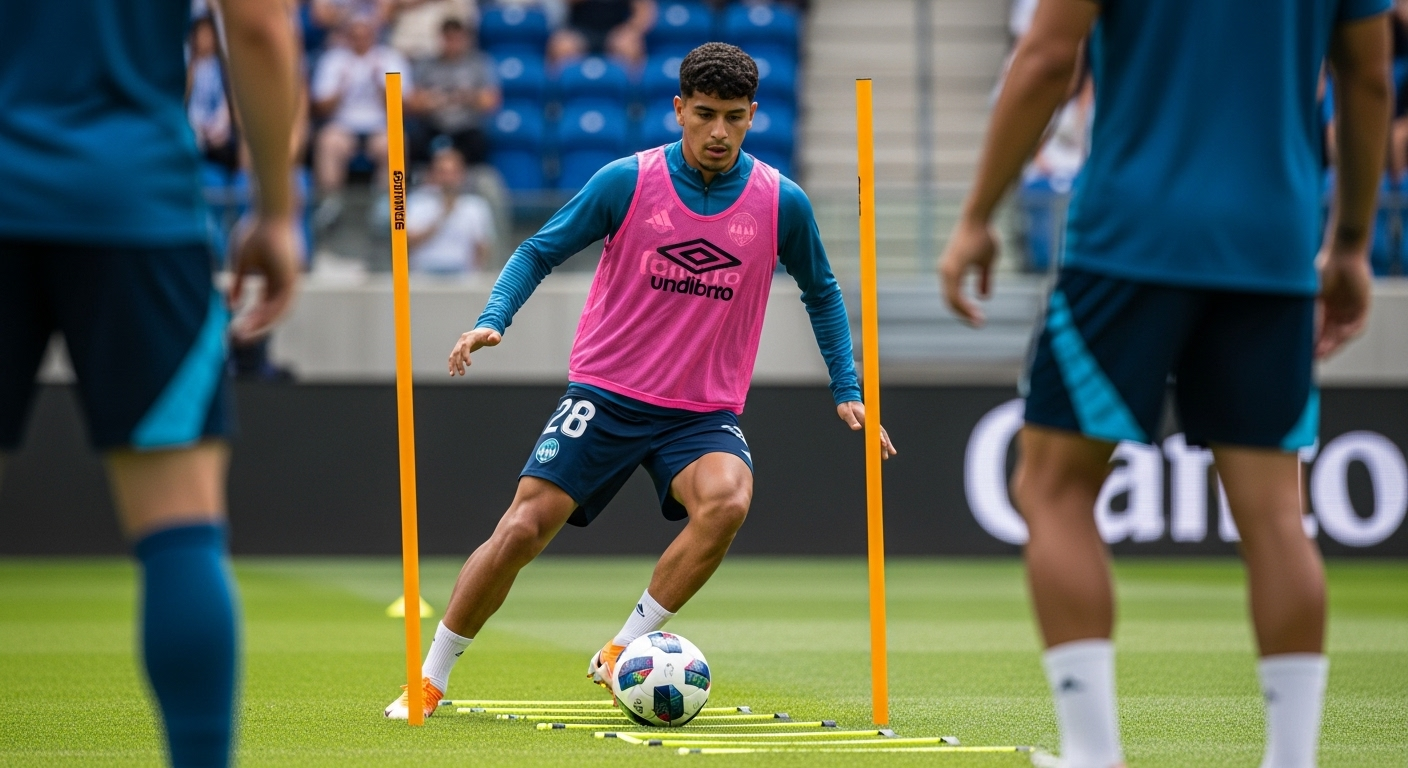Fundamentals of Football Coaching and Player Development
Football coaching combines tactical knowledge, skill instruction, and player support to develop individuals and teams across age groups and competitive levels. Effective coaching balances technical drills, game understanding, physical conditioning, and positive communication. Coaches work with beginners through elite athletes, adapting methods to skill level, maturity, and goals. This article outlines core aspects of football coaching, the role coaching plays within sports, practical training approaches, and how formal education supports coaching careers and local services.

What is football coaching and who benefits?
Football coaching is the structured process of teaching the technical, tactical, physical, and psychological components of the sport. Players of all ages benefit: children developing basic motor skills and ball control, adolescents refining positional play, and adults improving fitness and decision-making. Coaches also support team culture, safety, and long-term athletic development. Good coaching reads the individual needs of players, sets realistic progressions, and prioritizes consistent, measurable improvement rather than quick gains.
How does coaching influence sports performance?
Coaching shapes sports performance through planning, feedback, and match preparation. Tactical teaching—formation concepts, pressing triggers, transitions—gives teams shared patterns. Individual coaching refines first touch, passing accuracy, and positioning. Coaches create practice scenarios that mimic match tempo and stress, helping players transfer skills into competitive contexts. Performance also depends on load management and recovery; coaches coordinate with fitness staff to reduce injury risk while optimizing readiness for competition.
What training methods support player development?
Training in football should mix technical repetition, small-sided games, and conditioned drills that require decision-making. Technical sessions focus on passing, shooting, dribbling, and ball control. Small-sided games increase touches and tactical involvement, accelerating learning under pressure. Periodized training plans manage intensity and volume across a season to peak at key matches and limit overuse injuries. Video review and data tracking are increasingly used to identify patterns and tailor individual training priorities.
How does formal education and certification help coaches?
Formal education—sport science courses, coaching certificates, and first-aid training—provides a foundation in pedagogy, physiology, and safe practice. Certifications vary by country and governing body; they typically cover age-appropriate coaching, safeguarding, and tactical frameworks. Ongoing education through workshops and mentor programs helps coaches stay current with evidence-based methods. Combining practical experience with structured learning improves planning, communication, and the ability to adapt training to diverse player needs.
How to choose local services for coaching and development
When evaluating local services, consider coaching qualifications, coaching philosophy, session structure, and opportunities for match play. Ask whether sessions emphasize development over short-term results and if programs offer progression pathways for different ages and abilities. Observe a session where possible to assess coach-player communication and safety protocols. For clubs or academies, review competitive levels offered and how they integrate training with player education, physical conditioning, and injury prevention strategies.
Conclusion
Football coaching is a multifaceted discipline that blends technical instruction, tactical education, physical preparation, and interpersonal skills. Effective coaches create structured training environments, use evidence-informed methods, and pursue continuous learning to support players at every stage. Whether working with youth players in community settings or athletes at higher competitive levels, a thoughtful coaching approach emphasizes sustainable development, player well-being, and transferable skills that extend beyond the pitch.




